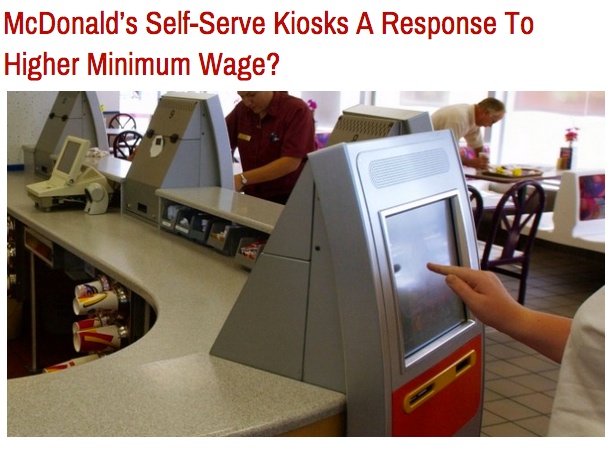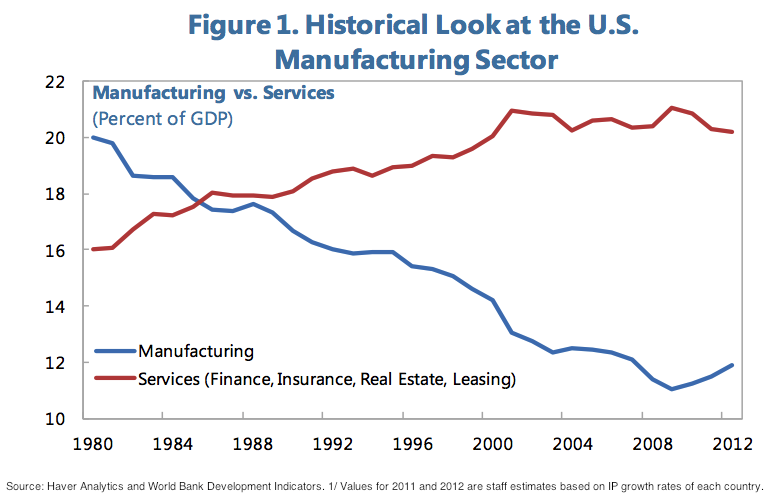- Joined
- Aug 20, 2006
- Messages
- 13,000
According to this report, customer service representatives and truck or taxi drivers are expected to be some of the first to lose their positions to robots. Unfortunately, that 6% does not appear to include any federal jobs (I’ll take no personality over a rude personality).
“By 2021 a disruptive tidal wave will begin. Solutions powered by AI/cognitive technology will displace jobs, with the biggest impact felt in transportation, logistics, customer service and consumer services,” said Forrester’s Brian Hopkins in the report. The Inevitable Robot Uprising has already started, with at least 45% of US online adults saying they use at least one of the aforementioned digital concierges. Intelligent agents can access calendars, email accounts, browsing history, playlists, purchases and media viewing history to create a detailed view of any given individual.
“By 2021 a disruptive tidal wave will begin. Solutions powered by AI/cognitive technology will displace jobs, with the biggest impact felt in transportation, logistics, customer service and consumer services,” said Forrester’s Brian Hopkins in the report. The Inevitable Robot Uprising has already started, with at least 45% of US online adults saying they use at least one of the aforementioned digital concierges. Intelligent agents can access calendars, email accounts, browsing history, playlists, purchases and media viewing history to create a detailed view of any given individual.
![[H]ard|Forum](/styles/hardforum/xenforo/logo_dark.png)





